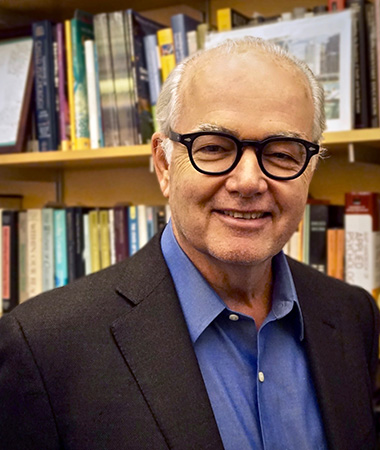APS James McKeen Cattell Fellow Award
The APS James McKeen Cattell Fellow Award recognizes APS members for a lifetime of outstanding contributions to the area of applied psychological research. Recipients must be APS members whose research addresses a critical problem in society at large. Honorees are recognized annually at the APS Convention.
APS’s lifetime achievement awards are not exclusive. In other words, an exceptional psychological scientist might be awarded all of them.
Nomination Information
View a list of Past Award Recipients
APS James McKeen Cattell Fellow Award Committee
Temple University
Massachusetts General Hospital/Harvard Medical School
University of Wisconsin, Madison
Rice University
Tufts University




